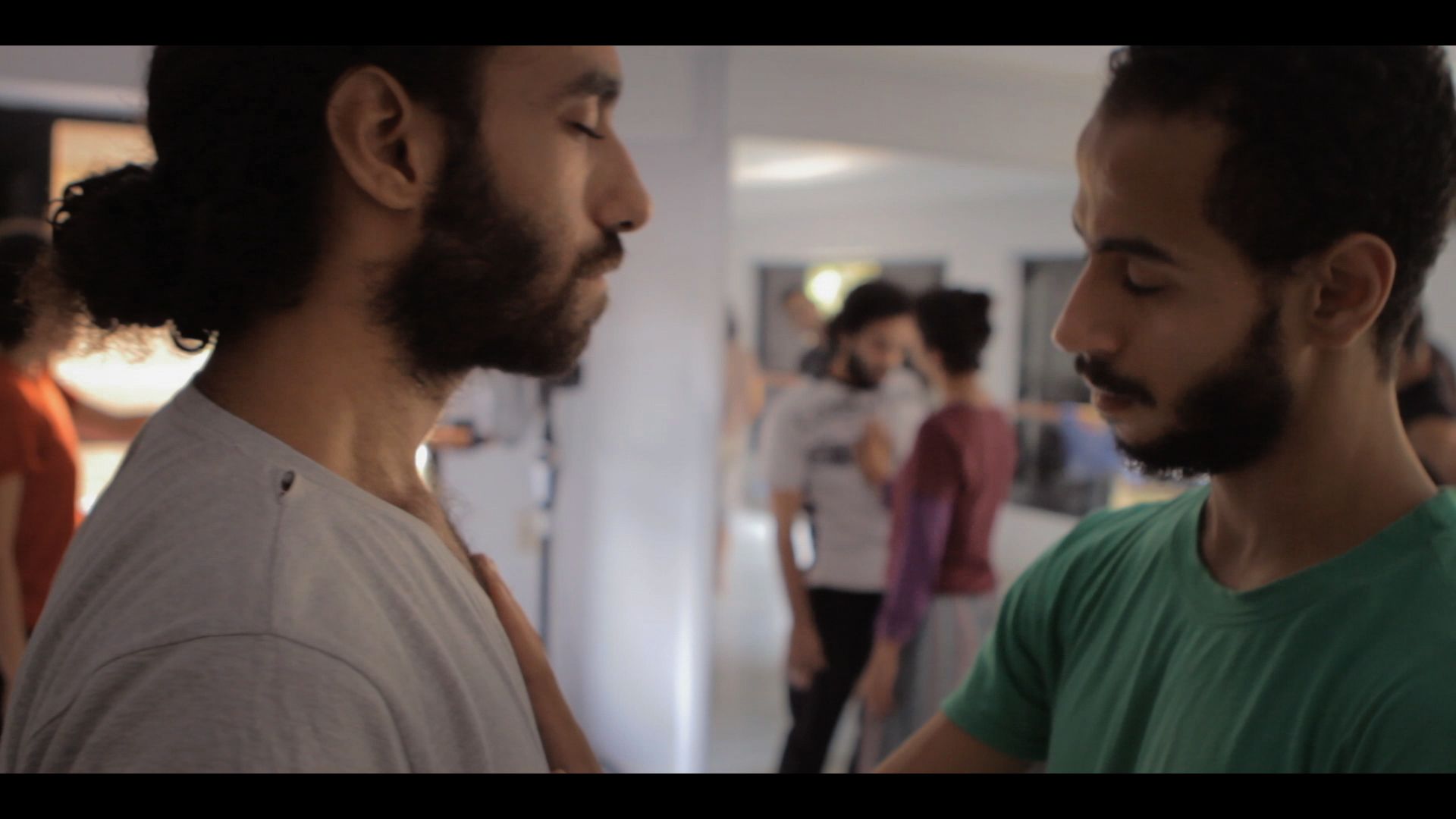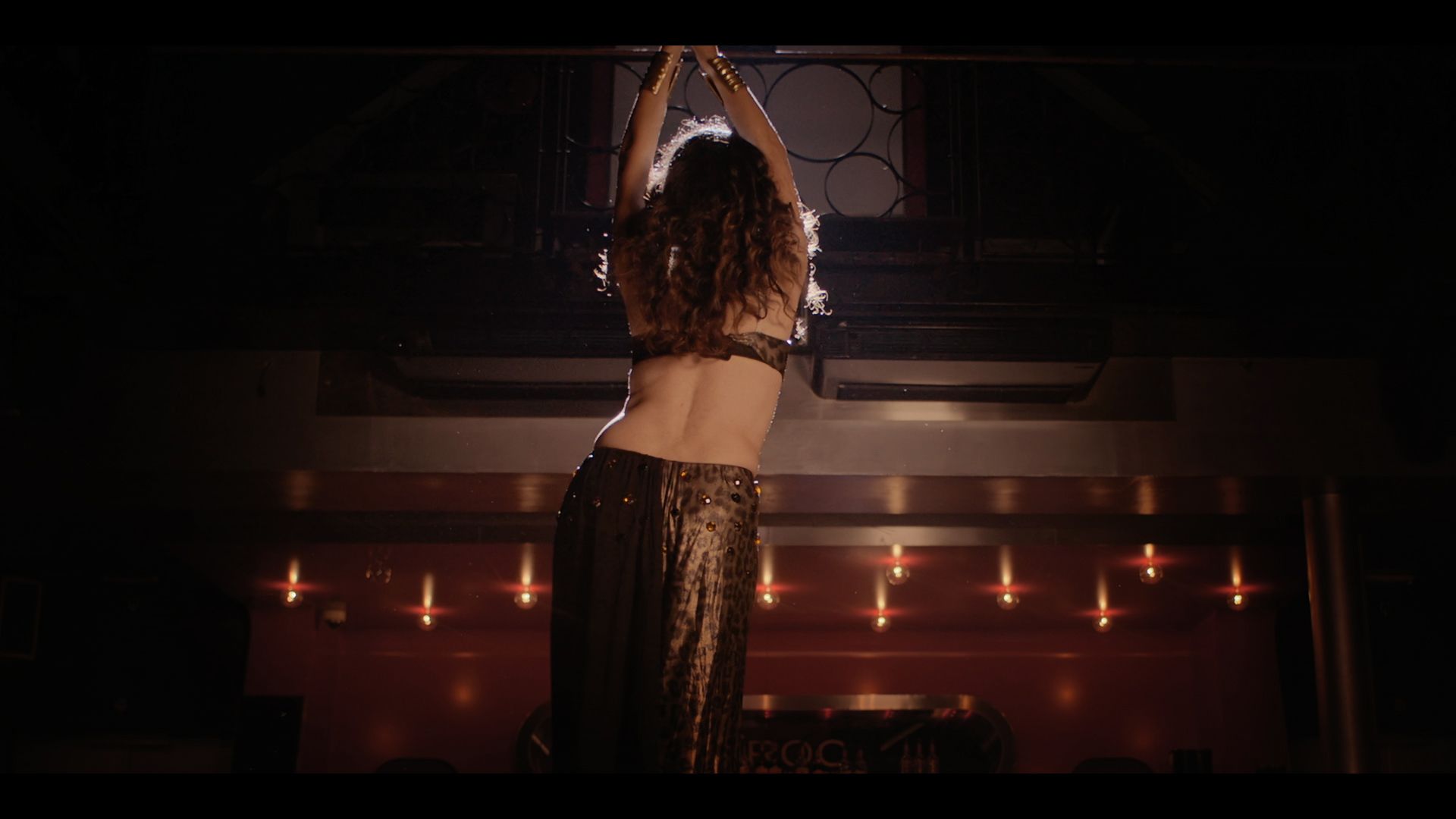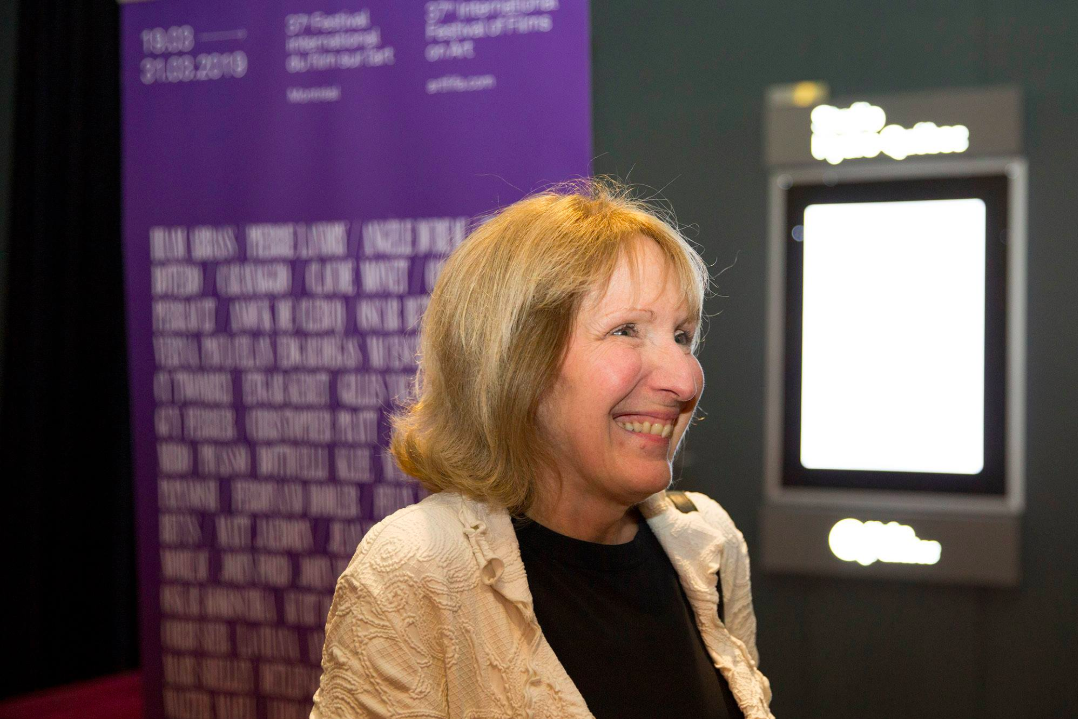Art festival FIFA kicks off with a controversial but beautiful documentary
Art and film enthusiasts were once again delighted to gather in museums and cinemas across Montreal to experience various screenings, installations and conferences, exploring the topic of art, as the 37th Festival International des Films sur l’Art (FIFA), began last week.
Au temps où les arabes dansaient, a documentary by Belgian-Moroccan director Jawad Rhalib, opened the festival at the Monument-National last Tuesday, in a formal ceremony, welcoming both artists and the public to the event. The film was followed by a discussion with Rhalib.
The film certainly is a unique and necessary picture. It tells the story of various artists from Arab countries where Islamic fundamentalism seems to have taken over the government and the population’s mores, often shutting the artists down, forcing them into more conservative forms of art, or self-censorship.
The documentary starts in an old Moroccan couple’s kitchen, as they speak about a time they once knew when Arabs “could dance.” Looking at old pictures of the woman performing “oriental-style dance,” the couple is nostalgic of that early postcolonial era in the 1960-70s.
We then learn that Rhalib, who narrates in the beginning and end of the documentary, experienced severe psychological trauma and discrimination in his adolescence in Morocco. His mother was a traditional Egyptian dancer and his reputation suffered, in a time of growing fundamentalism and conservatism amongst North African and Middle Eastern countries.
With the camera closely following the different dancers and theatre performers’ every move, and traveling to Egypt, Iran, Morocco, France, and Belgium, the public gets to know them all intimately.
One group is particularly interesting, and consists of Arab-Belgian artists putting on a play based on the novel Soumission by Michel Houellebecq. The group of performers externalize their fear of appearing Islamophobic and criticize the author for his dramatization of the Muslim Arab diaspora’s impact on Europe, while still defending their right to free speech.
“Our lives are in danger here,” said one performer to his stage director. “I need to know you’ll be with me when my fans from Molenbeek come looking for me.” He was emotional, afraid of the angry reactions he would get from a mainly Muslim crowd at a play questioning the authority of Islam and its role in politics.
This film is not about Islam, it’s only a tiny portion of it,” said Rhalib at the end of the screening. “It is about art and free speech, about respecting one’s individuality and humanity.”
Between the mountains of Teheran, the beaches of Morocco, and the cafés of Paris and Brussels, one thing unites everyone in the film: the desire to come back to the freer days of Nasser and pre-revolution Iran (shown in the film with archival images). That era is portrayed as a time when women were not forced to wear headscarves and Arabs were allowed to dance and express themselves independently.
Although very controversial because of its free critique of Islamic fundamentalist politics and its depiction of Iran as an Arab country, Au temps où les arabes dansaient is a visually compelling film, as it beautifully captures Arabic dance and performance art. It is also a necessary one in today’s context of political correctness and extreme viewpoints leading to censorship, all over the world.
Even a viewer who wouldn’t necessarily agree with the film’s point of view, nor have a strong knowledge of the issues raised in the film, would still enjoy the participants’ energy and the commentary they make about the importance of art in general.
Jacinthe Brisebois, the festival’s programming director, is one of the new members of the FIFA team, with Philippe U. del Drago, the executive director of the event, who arrived in the last year. The new team is aiming to “connect with a younger audience” and “create more interactive opportunities” with the public. Brisebois said the opening film served that purpose, as well as promoting diversity of culture and opinion.
Our programming will be very much dedicated to engaged art,” Brisebois said. “We felt the need to put diversity forward, diversity of opinion, languages, and practices.”
“With the arrival of virtual reality and immersive films, we’re trying to reach a younger audience,” Brisebois said. FIFA Experentia, at Place des Arts, was a new addition to the festival, consisting of 11 virtual reality immersive video works, from March 20 to 24, at l’Espace culturel Georges-Émile-Lapalme.
“We’re also organizing more and more events outside of Montreal, and we’re starting a year-long series of conferences and screenings,” said Brisebois. She added that the winners at this year’s FIFA will also be touring in cinemas across Montreal and in other festivals.
Au temps où les arabes dansaient will be shown again on March 28 at 5:30 p.m., at Cinéplex Quartier Latin. FIFA will continue its activities until March 31. For showtimes, tickets, and to learn more about FIFA, visit their website: artfifa.com.






